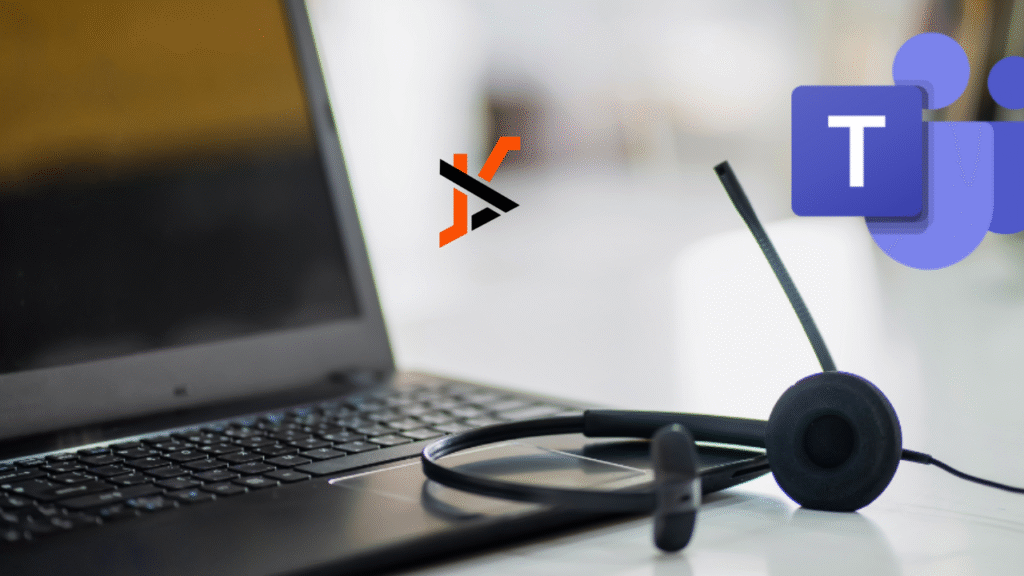Every business runs on conversations. A missed call can mean a missed sale. Companies need phone systems that are simple, flexible, and affordable. A did number delivers that. It gives you a local or international phone number without the need for wires, hardware, or an office in that city.
What a DID number is and how it works
DID stands for Direct Inward Dialing. Instead of routing calls through a physical line, the number connects to your company’s PBX or VoIP system over the internet.
A customer dials a Berlin number. The call goes to your London office. Your sales manager answers on a laptop, a desk phone, or even a mobile app. To the caller, it feels local. To your team, it’s just another call.
Why businesses use them
- Local trust. Customers are more likely to call a familiar area code.
- Lower costs. International calls cost far less than through traditional carriers. Internal calls across offices are free.
- Easy to scale. Add ten numbers this week and drop five next week. No contracts or rewiring.
- Mobility. Staff answer calls from anywhere with an internet connection.
- Professional look. Even a five-person startup can appear as reachable as a multinational.
How teams put DID numbers to work
- Sales teams use local numbers to boost response rates in new markets.
- Support desks route calls automatically to free agents, cutting wait times.
- Marketing assigns unique numbers to each ad campaign to track their conversion rates.
- Managers track call data to measure performance and coach staff.
Serving customers better
Customers hate waiting or being bounced around. DID numbers fix that. Calls can go straight to the right department. Overflow calls route to backup staff. No lost calls, fewer complaints, more repeat business.
Setup and integration
Getting started is simple:
- Pick a country and city code.
- Link the number to your PBX or VoIP.
- Set rules for routing, voicemail, and forwarding.
Most providers activate in less than a day. Link the numbers with your CRM or helpdesk, and your agents see the customer’s history the moment the phone rings.
How does DID compare to other options
Traditional phone lines tie you to hardware and fixed costs. Mobile numbers work for individuals but don’t scale for a team. DID numbers combine the best of both: the professionalism of fixed lines and the flexibility of the cloud.
A DID number isn’t just a phone line. It’s a way to cut costs, serve customers faster, and grow without borders. For many companies, it turns the phone system from a fixed expense into a competitive advantage.
Expanding on the Power of DID Numbers for Modern Businesses
As companies grow beyond borders and adopt remote or hybrid workforces, communication becomes the backbone of efficiency and customer satisfaction. Traditional phone systems struggle to meet the demands of agility, scalability, and cost-efficiency. That’s where DID numbers (Direct Inward Dialing) shine, offering a virtual solution that evolves with your business.
DID Numbers for Global Expansion
One of the biggest advantages of DID numbers is their ability to support global outreach without the need for physical infrastructure. Expanding into a new market no longer requires a local office or in-country staff. With a local DID number, your business can establish a presence in any city worldwide—be it Tokyo, New York, or São Paulo—instantly creating trust and accessibility for customers in that region.
Boosting Operational Efficiency
Internally, DID numbers help streamline workflows. Different departments—sales, support, billing—can each have their own numbers that route directly to the right team or person. This reduces transfer time, improves first-call resolution, and minimizes customer frustration. Teams can work from anywhere—home, the office, or on the road—without missing a beat.
Moreover, because all calls are routed digitally, they can be logged, recorded, and analyzed. This opens the door to advanced reporting, performance monitoring, and insights that traditional systems simply can’t offer. Managers can review call volume, wait times, missed calls, and agent performance—all from a central dashboard.
Security and Reliability
Leading DID providers offer enterprise-grade security features, including encryption and redundancy to ensure uninterrupted service. Failover systems can automatically reroute calls in case of outages, ensuring your business remains reachable at all times.
In summary, DID numbers aren’t just a modern convenience—they’re a strategic tool. They help businesses reduce costs, scale quickly, and deliver a better customer experience—all while maintaining a professional image across borders.

